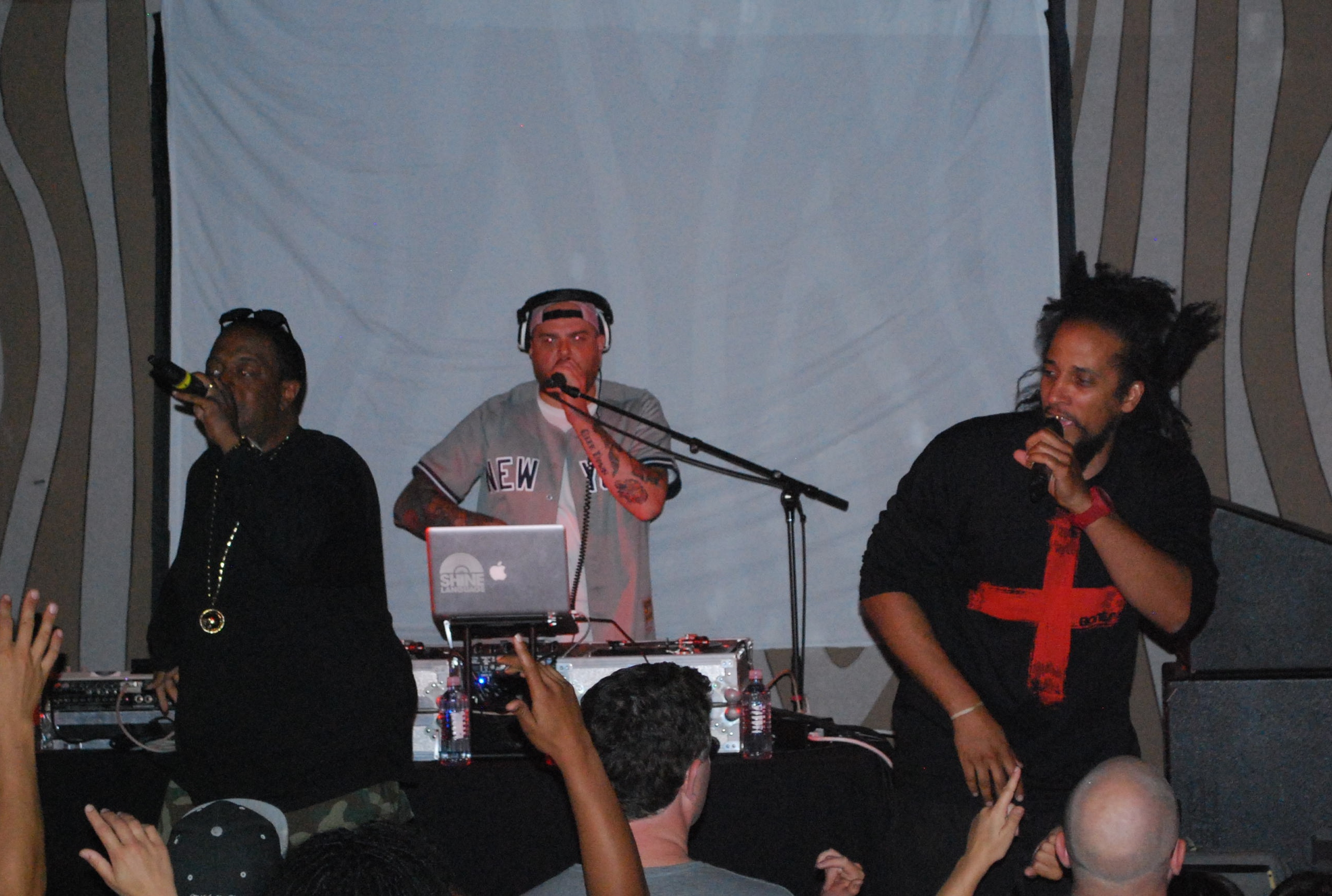Remember the mid 2000s, when there was a national push for artists to “make their Illmatic?” Questlove made the famous Illmatic quote about Jay-Z before the release of The Black Album, but Jay was far from the only one classic hunting. Albums like The Minstrel Show and Rip the Jacker made it clear that many artists had mastered the formula for getting 10/10 on rapreviews.com.
With so many wanting to be the one that “puts the city on the map,” the vibe in Portland right now is very similar. We have talented artists making dope projects for days. It’s hard to complain about the beats. It’s just as hard to complain about the rhymes.
Many of these artists are around my age and like a lot of us in our mid 20s, are looking for their big splash—their defining moment. Often, we want it so bad we take ourselves too seriously. In terms of Portland artists, you can hear the pressure to be game changers in the music. Everything will be technically great and yet, have you wondering, “Did this person really have fun making this? Did all the focus on being technically sound eliminate the vulnerable moments that make works of art unique?”
When we think back on the national classic push a decade later, how many albums do we look back on with the reverence of a “classic?” Despite a consensus among critics that The Black Album didn’t achieve the lofty Illmatic goals, many consider it a classic nonetheless. And then there’s Get Rich or Die Trying, which couldn’t be any further from a purist’s favorite and yet, evokes crazy nostalgia. Even those that still hate it can’t deny its impact on the hip-hop landscape.
And that’s the point. Most things we consider classic didn’t become that way because they followed a guaranteed formula. A number of things had to click lyrically, sonically, timing wise, etc.
Just as you can hear the pressing in many artists’ music, you can often hear the fun in albums we deem “classics.” When you listen to 3 Feet High and Rising or The Chronic, you wish you could’ve sat in on those studio sessions. They sound like De La Soul and Dr. Dre’s only priorities were making good music and having as much fun as they could doing it. That they messed around and changed the game was just a byproduct.
Maybe that’s why Load B’s Debauchery is my favorite album of the last couple years, not just out of Portland but period. You can tell they had fun (maybe too much) making the project. There’s so much “Fuck it, why not?” on the album and it’s refreshing.
I remember when I first heard Debauchery, thinking three tracks in, “This knocks. No. This REALLY knocks!” Then “Brain Dead” came on and it was a wrap. If I didn’t know better, I would’ve sworn Milc was a college smoking buddy. It wasn’t just that he and Brill were rapping their asses off over infectious beats. They had captured the outrageous, often absurd party vibe that many of us can remember vividly (and many are still in the midst of).
The project was so purposefully over-the-top and yet, at no point did you feel they were taking themselves too seriously. They even had two R&B tracks. On “Beach House” in particular, Brill crooned the whole way through before leading into a skit with Milc clowning on all the harmonizing (“How am I supposed to rap about sticking my finger up a girl’s butt and sniffing it?”). Even the goofy promo videos with Brill interviewing Milc by a kiddy pool and executive producer Dust insisting on blurring out his face worked.
With that said, I have no idea what effect Debauchery will have on me 10 years down the line. One year does not a classic make.
Last year I was able to attend the Lifesavas 10 year anniversary party for Spirit in Stone. Watching what seemed like the whole Doug Fir Lounge sing along to all the words of joints like “Hellohihey” was the epitome of what I think of when I hear the word “classic.” Many in the building were just like me, people who remembered staying up Sunday nights until the wee hours of the morning to hear Lifesavas tracks on KBOO. We remembered when Spirit in Stone tracks were all over ESPN’s “Playmakers” series.
Will any projects from this era in Portland hip-hop have that kind of impact? Who knows? But it’s important to keep in mind that during this time of overwhelming talent, it’s the projects you can feel that stand out in the end. The projects that aren’t afraid to leave artists vulnerable, whether it’s revealing their joy, pain, hunger, or indiscretion. These are the projects that create lasting memories. They don’t necessarily set out to change the game but the energy is undeniable. As time goes by, these projects BECOME classics.

